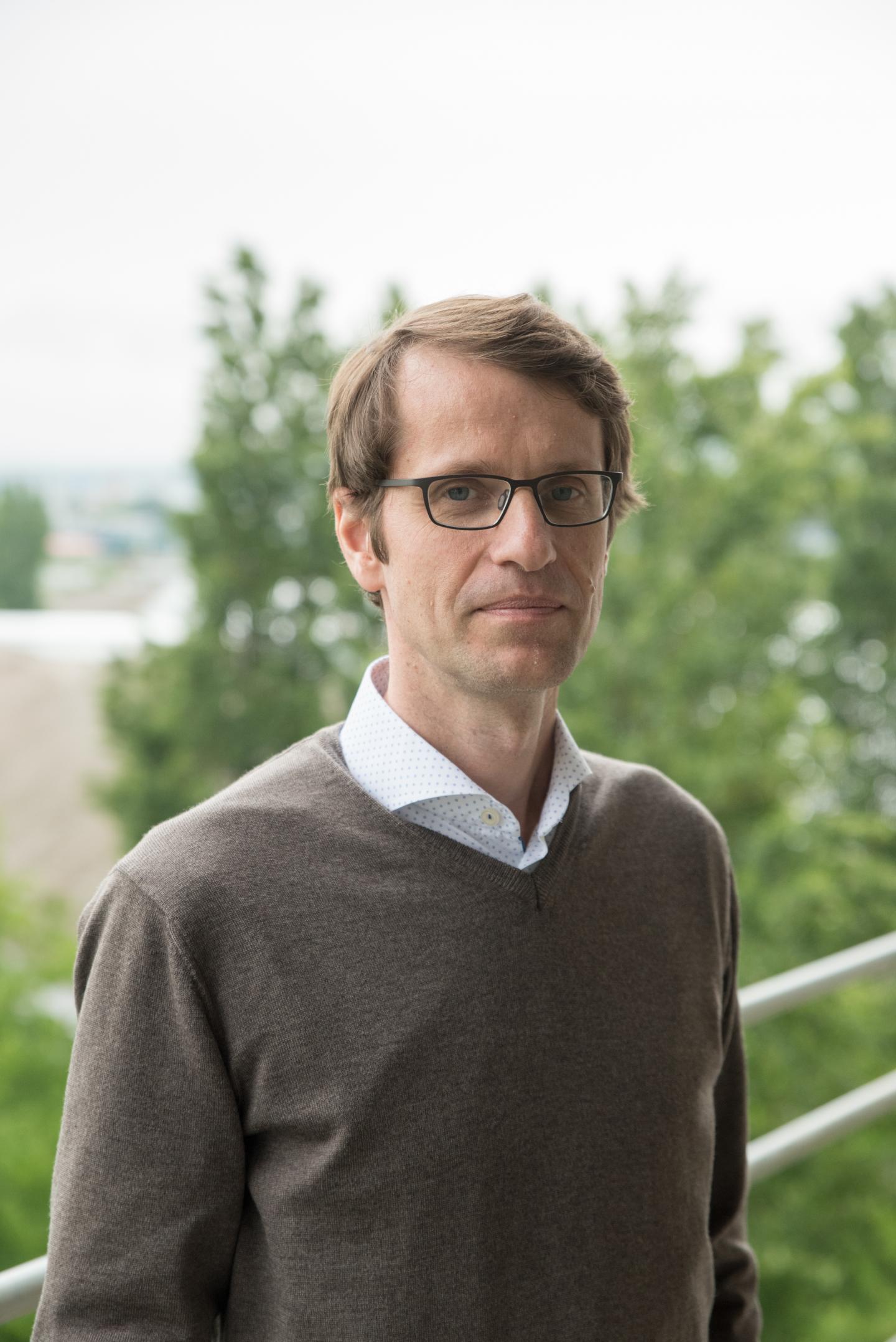As one of the best-endowed awards in Europe, the Louis-Jeantet Prizes foster scientific excellence

Credit: iob.ch
Botond Roska is awarded the 2019 Louis-Jeantet Prize for Medicine 2019, for the discovery of basic principles of visual information processing and the development of therapeutic strategies, such as gene therapy, to restore vision in retinal disorders.
Botond Roska and his team aim to find ways to repair visual dysfunction which can lead to blindness. They investigate how the retina, thalamus, and cortex function at the level of cell types and circuits.
“The acquired knowledge helps us to better understand disease mechanisms and to develop treatments hand in hand with our clinical colleagues at IOB”, Botond Roska says. “The prize money will help us to further accelerate our joint translational eye research and the development of new treatments. Their clinical application will change the field of ophthalmic therapy.
The genetic, structural and functional understanding of the cell types and their interactions within the human eye are the basis for our new therapeutic strategies. A better understanding of genetic components to retinal disease will allow us to compile an atlas of genetic eye diseases. Ultimately we want to test the efficacy of gene therapies,” Botond Roska explains.
Vision and vision restoration
Dysfunction of the visual system, leading to visual handicap or blindness, is critical in humans. Blindness has a drastic effect on day-to-day life but, unfortunately, sight-restoring therapy for the visually impaired and blind is still a major unmet medical need. To find ways to repair visual dysfunction, Botond Roska and his co-workers investigate the retina, thalamus and cortex at the level of cell types and circuits. The knowledge they are acquiring has already improved our understanding of disease mechanisms and opened up paths to potential treatments.
Botond Roska’s research group has illustrated how cell types in the visual system interact in local and long-range circuits and extract features from the visual scene. Combining this knowledge with human genetics and molecular techniques, they have provided insights into the mechanisms of cell type-specific genetic diseases. Bringing their knowledge of visual circuits together with technologies such as optogenetics, they have designed novel therapies for restoring vision in genetic forms of blindness. The essence of these optogenetic therapies is to deliver genetically encoded light sensors to strategically important retinal cell types in the blind retina. Once there, non-photoreceptor cells are converted into photosensors or the photosensitivity of native photoreceptors compromised by disease is restored. These artificial photoreceptors then drive vision. Botond Roska’s work illustrates how insights into the organization of the cell types and circuits of the nervous system, when combined with cellular engineering, could be used to design new therapies to fight blindness.
THE LOUIS-JEANTET PRIZES
Established in 1986, the Louis-Jeantet Prizes distinguish leading-edge researchers every year. As one of the best-endowed awards in Europe, the Louis-Jeantet Prizes foster scientific excellence. They are not intended solely as the recognition of work that has been completed, but also to encourage the continuation of innovative research projects. Among the 90 prize-winning researchers of the Louis-Jeantet Prizes, 12 subsequently won the Nobel Prize for physiology or medicine, or the Nobel Prize for chemistry.
The Award Ceremony will be held in Geneva on 10 April 2019.
BOTOND ROSKA
Botond Roska was born in 1969 in Hungary. He obtained his M.D. at the Semmelweis Medical School, a Ph.D. in neurobiology from the University of California, Berkeley and studied genetics and virology as a Harvard Society Fellow at Harvard University and the Harvard Medical School. He has been leading a research group at the Friedrich Miescher Institute in Basel since 2005. In 2014 he became Professor at the Medical Faculty of the University of Basel and he is now a founding director of the Institute of Molecular and Clinical Ophthalmology Basel (IOB).
Botond Roska was elected as a member of the European Molecular Biology Organization (EMBO) in 2011. He has received numerous awards, including the Viva Award in 2010, the Alcon Award in 2011, the Alfred Vogt Award in 2013, the Cogan Award in 2016, the Bressler Prize and the Alden W. Spencer Award in 2018.
###
Media Contact
Sabine Rosta
[email protected]
41-763-367-774




